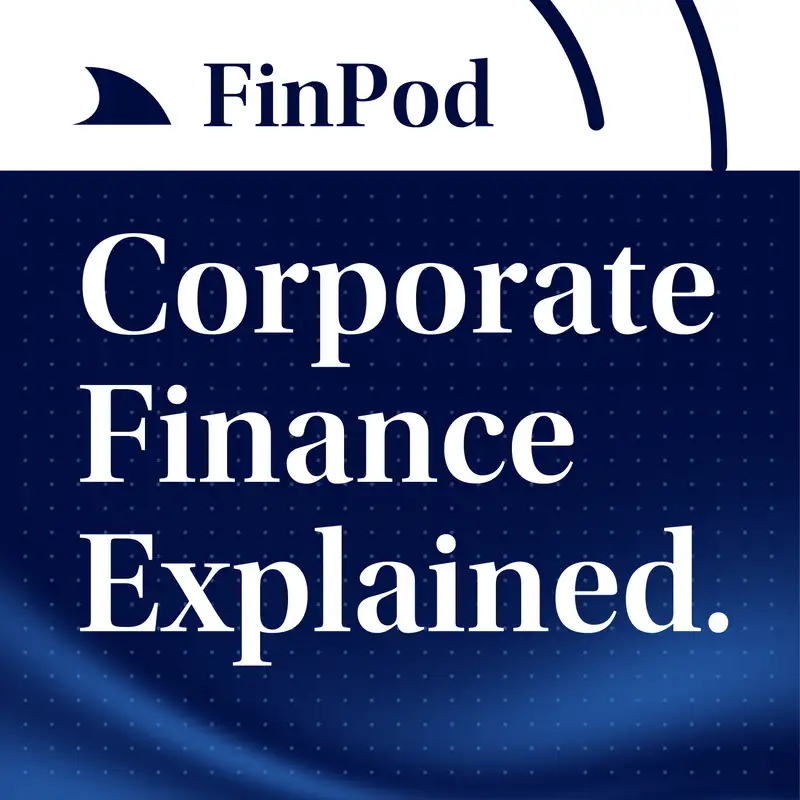Corporate Finance Explained | The Role of Credit Ratings: Impact, Strategy, and Real World Lessons
Ever wonder how giants like Apple and Toyota fund their massive operations? The secret isn't just in their sales, it's in their corporate credit ratings.
In this episode of FinPod, we go beyond the technical details to explain what these ratings from agencies like S&P and Moody’s actually mean and why they are one of the most powerful and often hidden levers in the financial world. We'll show you how a company’s credit rating directly impacts its ability to borrow, expand, and compete.
This episode covers:
- The Spectrum of Credit: We break down the difference between the desirable investment grade and the riskier speculative junk status.
- The Financial Superpower: How top-tier ratings give companies like Apple and Toyota access to extremely low borrowing costs, fueling strategic moves like share buybacks.
- The Cost of a Downgrade: The severe financial consequences a company like Ford faces when it loses its investment grade rating, including higher interest costs and restricted access to capital.
- The Comeback Story: The incredible turnaround of Netflix, which went from speculative grade to investment grade by refocusing on profitability and financial fundamentals.
- Why It Matters: We explain how these ratings aren't just for "finance nerds" but have real-world consequences, affecting everything from R&D funding to hiring.
Whether you're a student, a finance professional, or just curious about how the economy works, this episode will give you a clear understanding of the financial gravity that shapes corporate success and failure.

